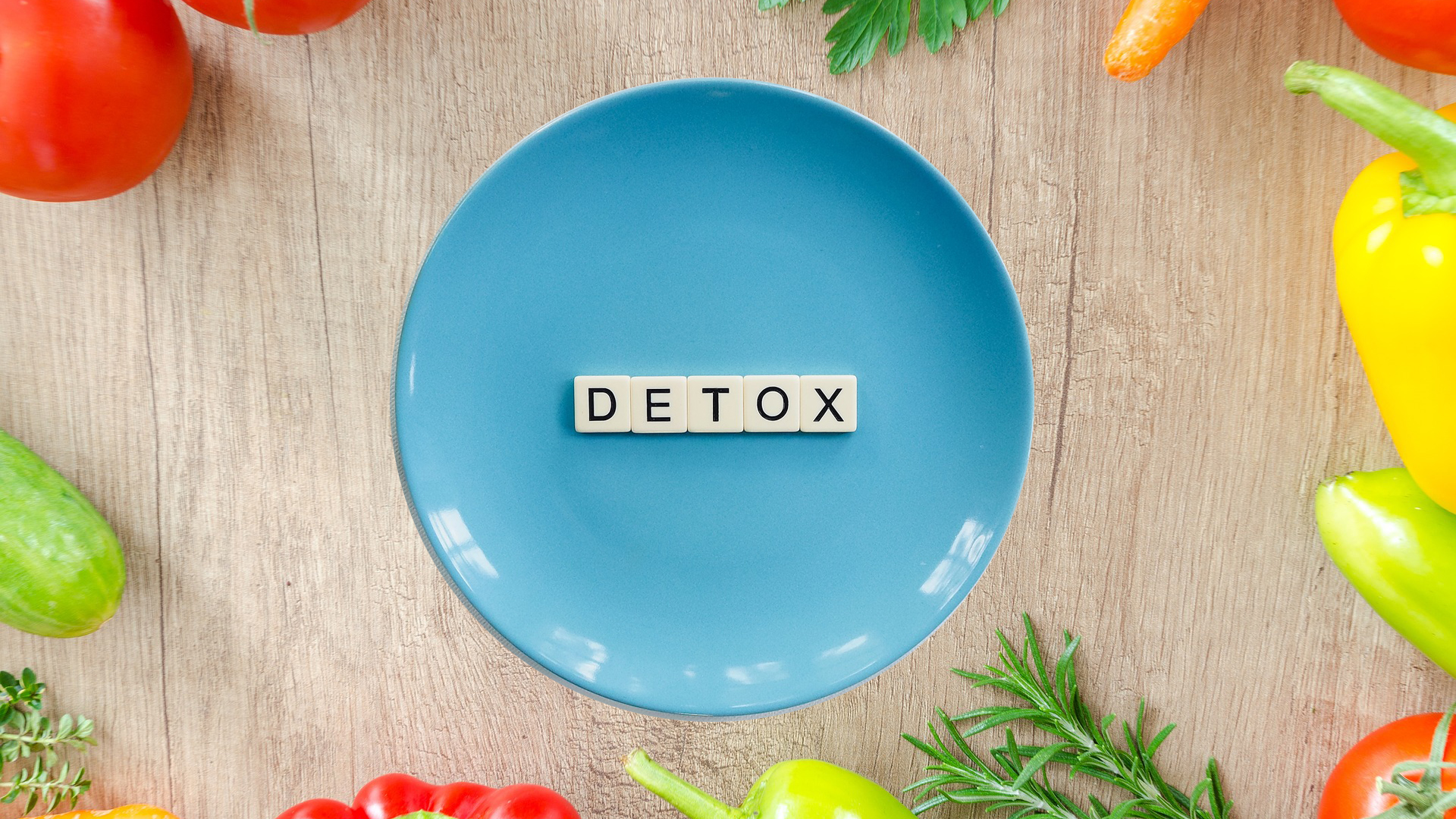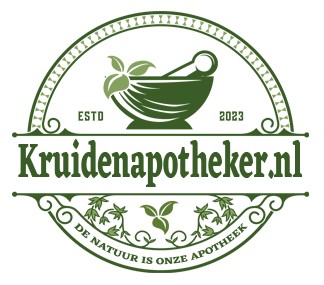The importance of detoxing

If our body is in balance then it has no problem with a little pollution. The defense mechanism can easily respond to this. The liver is our largest detoxification organ. In addition, the intestines, kidneys, lungs and skin also play an important role with regard to the excretion of contaminants. However, it will cause problems if the toxins start to accumulate in the body, which can cause complaints to develop.
Important causes of pollution are toxic external influences. Think of pesticides including pesticides, radiation, volatile substances, medicines, heavy metals such as mercury and lead. But also our (wrong) food and production methods. Much of our food has already had one or more processes before we consume it. Many foods contain substances that do not belong there, such as E numbers and preservatives.
All these toxins cause our liver to work much harder and can become overloaded. In addition, many have stress due to the way of life. Stress inhibits detoxification and affects the intestines, which affects the supporting function of the intestine and the liver.
The 2 main functions of the liver are to process the ingested food from the intestines. The second function is the processing of the waste products of cell metabolism as well as the processing of toxic substances such as heavy metals, medication and additives, etc.
When the liver cannot break down these toxins fast enough, these toxins will accumulate in our body. This can cause problems with our endocrine system, nervous system, immune system and gastrointestinal tract, among other things.
Phase of detoxification
The liver has 3 phases of detoxification. In phase 1, toxins are broken down by different groups of enzymes. This is called the cytochrome P450 system. There are over fifty types of CYP enzymes that transform these toxins. This is mainly done by CYP1, CYP2, CYP3 enzymes. The cytochrome P450 system ensures the removal of pesticides, heavy metals, volatile substances, alcohol, medication, hormones, etc.
To be able to make these enzymes, one depends, among other things, on minerals that are used as cofactors. Some of these essential minerals are zinc, copper, selenium, magnesium and manganese. Vitamin D3 also activates the detoxification system in the liver. It increases the P450 enzyme CYP3A4, which ensures the breakdown of drugs, including paracetamol, valium, antibiotics and other toxins.
The converted toxins in phase 1 are usually even more toxic than the original toxin. The resulting intermediate products are already more water-soluble. But the conversion also creates free radicals that can cause tissue damage. This can cause various complaints and damage to the endocrine system, nervous system, immune system and vascular system. It is therefore certainly advisable to take good food or supplements that contain many antioxidants. These antioxidants scavenge these radicals, resulting in less oxidative stress, which in turn benefits the body, but certainly also the liver.

In phase 2, the toxins are made even more water-soluble by enzymes. These substances are then bound by reactions to certain substances so that they can be excreted. These are called conjugation reactions. The liver has six enzyme systems to break down waste. Some examples of these reactions are methylation, glutathione conjugation and sulfation. Glutathione is a very important detoxifier for heavy metals, among other things. Mercury, which is also found in vaccines, is known to block glutathione conjugation. It is very essential that this glutathione conjugation proceeds optimally.
A blockade of phase 2 leads to the accumulation of toxins and carcinogenic intermediates. As a result, problems arise with the gallbladder and kidneys, among other things. It is important for phase 2 to take good nutrients whether or not supplements. These support the liver in this and ensure a smooth course of phase 2. One must, among other things, provide sufficient sulphur-containing amino acids, vitamins and minerals such as magnesium and selenium.
In phase 3, these substances are transported and removed by (transport) proteins. These are then excreted through our kidneys into urine and through the stool into the intestines.
It is therefore essential to ensure that the latter can be done properly. In our body, toxins accumulate a lot during the winter. These mainly accumulate in our fat tissue, intestines, blood and extracellular fluid. It is important to cleanse the intestines properly so that the toxins in the blood and extracellular fluid are also removed. The last two can only be rid of toxins if the intestine is also cleansed of toxins.
Some symptoms that can occur with a toxic overload are constipation, weak digestion, diarrhea, increased liver function, liver pain, headache, depression, anxiety, irritability, fatigue, eczema, bronchitis, hypertension, foul-smelling urine, edema and hormonal disorders.
Detox cure
Our body naturally tries to get rid of all accumulated toxins in the spring. In most people, this process proceeds normally without being noticed. But there are people who can suffer from this. They often feel extremely tired, irritable, suffer from hot flashes and feel lethargic. This is also known as spring fatigue. The evening people can suffer more from this than morning people because detoxification is much slower.
It is certainly advisable to do a detox cure in the spring to help the body get rid of all accumulated toxins. To begin with, one must fast for a few days to restart the intestines. After this, it is essential to avoid unhealthy food and only take high quality food. In addition, one can take supplements that contain substances that support the liver, kidneys and intestines. It is also recommended to take a lot of antioxidants to scavenge the free radicals that arise in phase 1 so that there is less oxidative stress. These are common in colored fruit in the form of polyphenols and flavonoids, but vitamins and minerals also contribute.
Examples of good nutrition are legumes, onion, seeds, crucifers, broccoli, sprouts and citrus. One can also take herbs such as milk thistle, artichoke, dandelion, wheat grass, barley grass, chlorella and nettle. These herbs contain all kinds of good nutrients such as chlorophyll, flavonoids, polyphenols, vitamins, minerals, etc. One must also ensure an adequate intake of sulfur-containing amino acids such as glutathione, N-acetyl-cysteine (NAC). But also enough vitamins such as the B vitamins, vitamin C and vitamin D. In addition, minerals such as selenium should not be missing.

The most important thing is also to ensure sufficient fluid intake to ensure that these waste products can be removed. It is definitely recommended to drink 2-3 liters of water per day.

